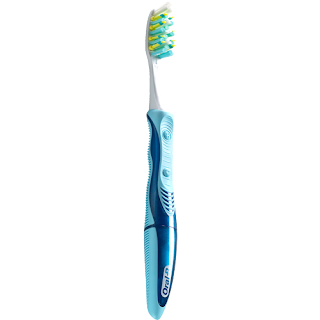The papers have been flooded this week with interesting articles all about sleep.
According to a survey published by the Etap hotel group, a quarter of married couples now sleep apart. Not all together surprisingly, the main cause for this is sleep being disturbed by a partner’s loud snoring, making nodding off at night near to impossible.
Here’s what one lady said:
‘I couldn’t stand Mike’s snoring, and would have to wake him to stop it — which meant that neither of us was getting a decent night’s sleep.
“The solution was obvious. I now sleep in the marital bed, as I like to sit up and read, and Mike has moved to the single bed in the spare room.”
Indeed, this is the advice that’s become very popular at the moment, and is backed by some of the well-respected sleeping disorder websites.
I have to say this; it doesn’t sound like much of a solution to me.
So why I am I telling you this?
Having studied both snoring and a related condition called Obstructive Sleep Apnoea, I know that men snore a lot more than women. I know that it’s not usually the snorer that suffers, but rather the unfortunate sleeping partner.
I also know that attempts to stop snoring up until now have seen little success.
There are a plethora of cures for snoring, from sewing tennis balls into the back of your pyjamas to tapes across the bridge of your nose. I even heard last weekend of a friend whose wife insisted on surgery to remove his uvula (the dangly bit at the back of your mouth.) It’s very painful and not very effective.
The “gold standard for anti-snoring treatment is a device called a C Pap which involves sleeping with a special mask over your mouth and nose. However, there is now a very successful dental cure.
A dental appliance called a Mandibular Advancement Splint (Sleepwell™). It’s a very simple concept and brings with it really tremendous results. All it involves is positioning the lower jaw slightly forward, together with the tongue, and so increasing the airway and stopping snoring. It’s very effective, simple and relatively inexpensive.
So there’s now no need to have your sleep interrupted by your partner and certainly no need to find the extra bed. Everyone deserves the benefits of a good night’s sleep, including you.




